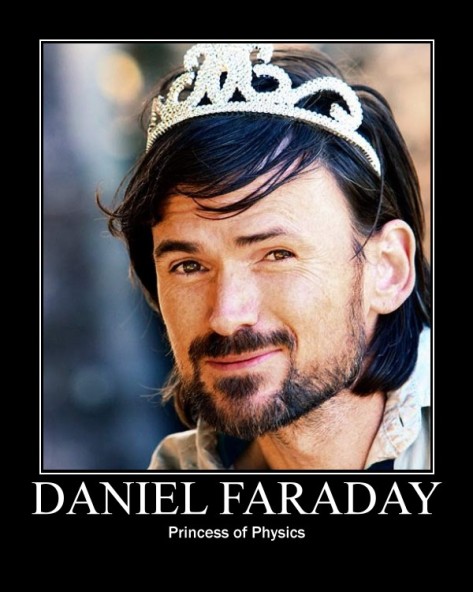
(to those who don’t watch the show: the title is a quote from Benjamin Linus, aka the best character on the whole show, and the picture is not only one of the characters, but has been living in my folder for so long. I can’t wait to actually put it to good use.)
Video games and television series have always played together so nicely. In my experience – maybe not with Fifa or any of the other strictly sports games, although sports is a tv show that is widely watched throughout the world – they have the same general lineup. In Joe Monninger’s words, there’s a beast chasing the main characters, they often have to find something to progress the plot, and main action sequences are isolated from the general storyline. In video games, the beast is often real, something the player has to fight in the form of a boss in order to advance to the next part of the game. In LOST, television series phenomenon and the closest I’ve ever seen to a video game in the form of a series, the beast is real. It is called the Man in Black, and he appears as a puff of smoke, a literal man in a black shirt, and John freakin’ Locke.
It was actually pretty funny to read Jones’s paper on the Game of Lost. A lot of the points he brings up were things I thought of during the show. The characters are isolated into particular categories – the “has-been, drug addicted rock star” (Jones), for example, that is Charlie. Video games adopt this principle too – characters envelop a certain trait, especially when the gameplay is focused on storyline. Until Dawn is a great example of this: the player learns about the characters through several traits revealed upon their first time onscreen, and the characters stick to the traits throughout the game, forcing the player to choose different scenarios based on character capabilities and the aforementioned traits. LOST does this as well – it provides characters, that the fans eventually called “Lostaways” according to Jones, that stick to certain traits, forcing watchers to either love or hate them as they travel through their challenges.
This is such an incredible concept. There are so many pieces to the game that LOST inhabits – the extra storylines that appeared in between hiatuses which discussed pertinent information which would be revealed later on, the websites, and the show which displayed hidden secrets. All of these, as Jones points out, is in the style of a video game. Watchers become players, although with no real influence on the show, especially after everything is said and done. I would have loved to have watched the show during its hay day, and been able to experience the website and the other games in full swing. I wonder how that would have changed the viewing experience.
That’s the rub – the viewing experience. LOST is like a video game, so it changes the experience for those watching. It provides a new approach to viewers and players and readers, just as all the other forms of digital literature and otherwise have undergone. LOST creates a universe for the viewers to interact with, leading them to draw their own conclusions. This was, as far as we know, the main reason for the ending being so ambiguous. I haven’t seen a show with this much viewer influence, and I doubt I will ever see one again. LOST was built for the viewers, just as the interactive poems were, the choose your own adventure twines were, and so on. It’s amazing to see them all come together.
